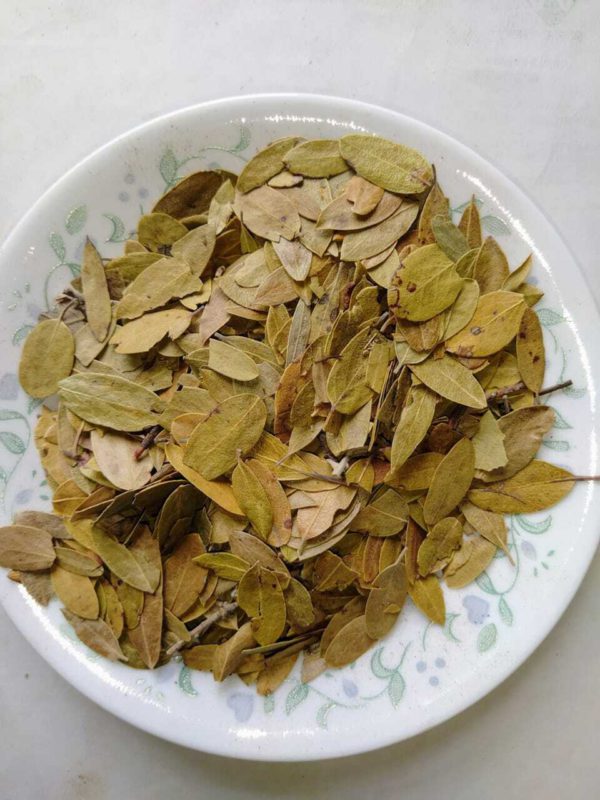Uncategorized
6 Surprising Health Benefits of Mistletoe
Did you know mistletoe has medicinal properties? From improving cardiovascular health to Asthma. Learn about the various health benefits of mistletoe and how it can improve your overall well-being.
Mistletoe, a plant steeped in folklore and tradition, carries significance beyond its role as a holiday symbol of love.
Also Read: Spiritual Benefits of Mugworth
Contents
What is Mistletoe?
Mistletoe is a semi-parasitic plant that grows on various trees such as apple, oak, and pine. It is characterized by its distinctive white berries and green leaves. Throughout history, mistletoe has been associated with different cultural beliefs and practices, often symbolizing fertility, protection, and healing.
What is Mistletoe Leaf Used For?
The leaves of mistletoe contain compounds that have been traditionally used for medicinal purposes. Herbalists commonly use mistletoe leaf extracts in remedies to address a variety of health concerns due to their potential therapeutic properties.
How is Mistletoe Used in the Food Industry?
The food industry avoids using mistletoe directly due to its toxic nature. However, some manufacturers use mistletoe leaf extracts in dietary supplements or herbal teas for their potential health benefits. It is crucial to remember that mistletoe should only be used under a licensed healthcare provider’s supervision.
Health Benefits of Mistletoe
1) Mistletoe Benefits in Cancer
Mistletoe has gained attention for its potential anti-cancer properties. Some studies suggest that mistletoe extracts may help stimulate the immune system and support cancer patients undergoing conventional treatments like chemotherapy.
2) May Support Cardiovascular Health
Research indicates that mistletoe may have cardiovascular benefits by helping to regulate blood pressure and improve circulation. These effects could contribute to overall heart health and reduce the risk of cardiovascular diseases.
3) Mistletoe Benefits Skin Conditions
The anti-inflammatory and antioxidant properties of mistletoe make it a potential remedy for various skin conditions such as eczema or psoriasis. Topical applications of mistletoe extracts may help soothe irritation and promote skin healing.
4) May Help with Depression and Anxiety
Mistletoe has been studied for its potential effects on mental health disorders like depression and anxiety. Some research suggests that mistletoe extracts may have mood-stabilizing properties, offering a natural alternative for those seeking emotional balance.
5) Mistletoe for Hormonal Balance
Certain compounds in mistletoe link to hormonal regulation in the body. This could be beneficial for individuals experiencing hormonal imbalances or seeking support for reproductive health issues.
6) Helps with Colds, Coughs, and Asthma
Traditionally, people have used mistletoe as a natural remedy for respiratory conditions like colds, coughs, and asthma. Its expectorant properties may help alleviate symptoms and support respiratory function.
7) Mistletoe for Neurological Disorders
Researchers believe mistletoe supports neurological health through its unique compounds, which may stimulate neurotransmitters like dopamine, glutamic acid, and GABA.
Also Read: 5 Home Remedies for Insomnia
Researchers believe the herb’s lectins are key to these benefits, though they have mostly limited current studies to labs and animals.
Buy Mistletoe Leaves Online: Buy Now
Conclusion:
Mistletoe offers a range of potential health benefits that extend beyond its symbolic significance during the holiday season. From supporting cancer treatment to promoting cardiovascular health and addressing skin conditions, mistletoe’s medicinal properties make it a valuable addition to natural healthcare practices.
However, it is essential to consult with a healthcare provider before using mistletoe products to ensure safe and appropriate usage for individual needs.


